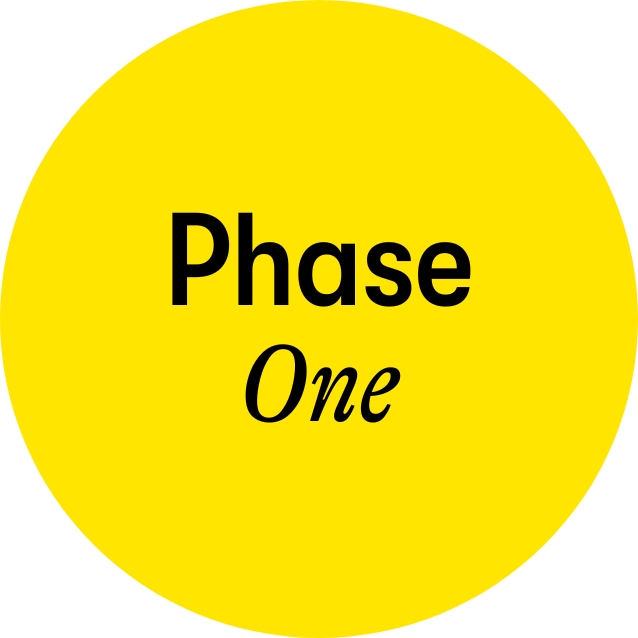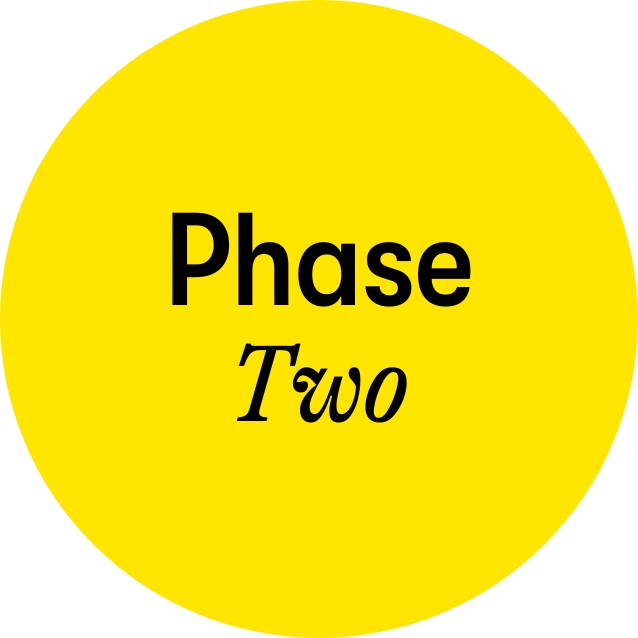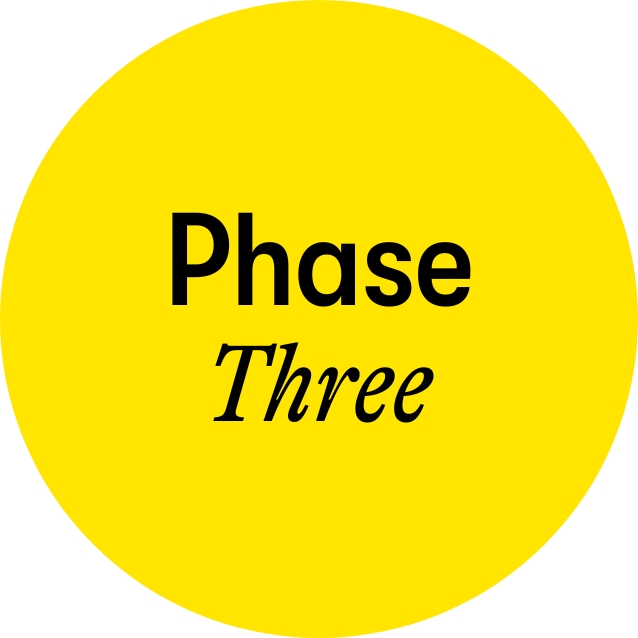
Women in Clinical Negligence Series
Welcome to our Women in Clinical Negligence content series.
We recognised that the voices, experiences, and insights of women in this sector deserve greater amplification and a clear call to action. Our goal is to move beyond conversation—towards meaningful change in the clinical negligence field. Our campaign has been split into three sections, each exploring different views and opinions from the sector. Find out more below.

The Interviews
Phase One was exploratory. We reached out to women at various stages of their careers—solicitors, barristers, case handlers, and more. Their candid insights offered a realistic perspective on what it’s like to work in clinical negligence as a woman.

The Roundtable
As we reviewed these contributions, it became clear that the conversation needed to expand. To deepen our understanding, Phase Two brought together subject matter experts—including defence lawyers and medical professionals—for a roundtable discussion in partnership with Tula Medical, held at the Law Society in London.

Podcasts
Building on the momentum from our roundtable, we’re excited to continue this vital conversation. Our upcoming podcast series will feature fresh perspectives and explore how the sector can better support women. Stay tuned for new episodes launching Winter 25/26!
